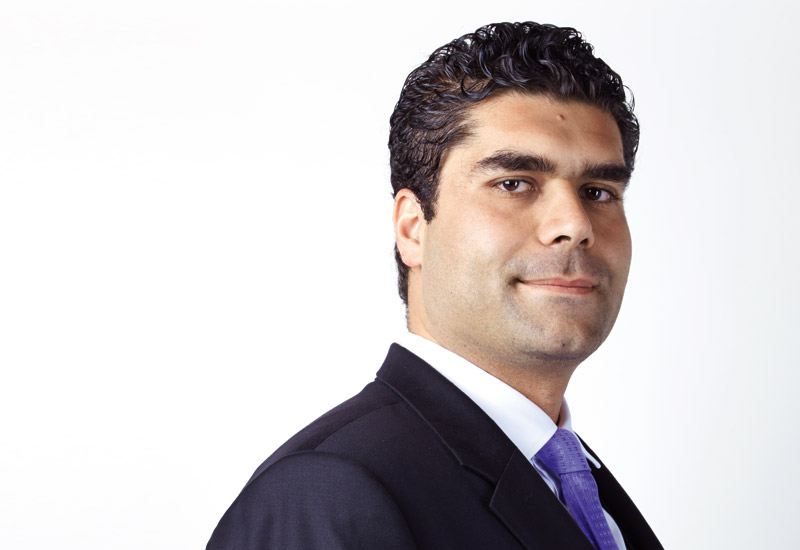In a digitally savvy marketing move, Jannah’s ‘ambassadors’ are required to sign in to work each day, by checking in to the Facebook page of the hotel where they work. Only after an obligatory few minutes liking, sharing and commenting on the company’s social media pages, does a ‘normal’ working day resume for Darwiche’s employees. Social media training is given to all staff at Jannah on their first day.
Jannah’s hiring policy, Darwiche tells us, is to select intelligent and educated staff (mostly with university degrees, he adds), who have the right attitude and character for the company. Skills and experience, Darwiche comments, are secondary to having the right mindset, and the ability to multi-task across departments.
“It is really hard to get in to our company. But once you are in, you are defined as first class talent. Which means you are a very special and talented person. Your job at Jannah is to serve people who are first class like you. We are a first class company. We hire first class talent, serving first class guests.” This is the ‘belief system’ at Jannah hotels Darwiche explains, telling us that attempts to motivate and engage staff mean little if they do not believe in the company.

| Advertisement |
He says: “They can switch jobs any day, they can stop anytime. To keep going, the employee needs to believe that the work he is doing is aligned with his own personal goal. If your beliefs as the talent, and my beliefs as the company are aligned, then I am successful.”
The name, ‘Jannah’, comes from the Arabic for ‘garden’, or ‘paradise’. It is the result of a dream Darwiche had many years before, featuring an olive tree that would bear turquoise stones instead of fruit. The image stuck with Darwiche and gave the brand both its name and its logo.
Planting the olive tree in Darwiche’s dream was a local Bedouin friend whom he had met during his time working at Anantara’s Qasr Al Sarab, a resort located in the Liwa desert. This friend, Darwiche recalls, greatly inspired him with tales of traditional Arab culture and Bedouin hospitality. The philosophy behind Jannah, Darwiche says, is “modern Bedouin hospitality”.
The philosophy of modern Bedouin hospitality has given Jannah many of its most unique characteristics. Service in his hotels, Darwiche explains, is run by a series of ‘Karim butlers’. ‘There are no name tags, everyone is called ‘Karim’, which means ‘generous’ in Arabic.’ The system, he explains, runs on internal software called ‘Just Ask’. Guests can make all requests to ‘Karim’ via WhatsApp. The details are then processed by an internal call centre, which can see where staff are located (like pins on a map, which Darwiche equates to the Uber system). The guest’s request can then be forwarded on to the nearest member of staff. Hence the need for Jannah staff to multi-task.
Other service driven features of the hotel group include favours for guests, such as stocking and re-stocking minibars, or filling up a car’s tank with petrol, all of which Darwiche insists are charged to the guest at cost, with no mark up and profit made by the hotel for the service.
Hoteliers in the region, Darwiche suggests, have lost their way by focusing on impressing guests with the wrong efforts. “No one cares who has the biggest Christmas tree, for example,” jokes Darwiche.
Article continues on next page...









 Search our database of more than 2,700 industry companies
Search our database of more than 2,700 industry companies










Mar 9, 2016 , Egypt
I like the idea of the organization chart, very creative. Wish you all the best of luck. What are the characteristics of your ambassadors?